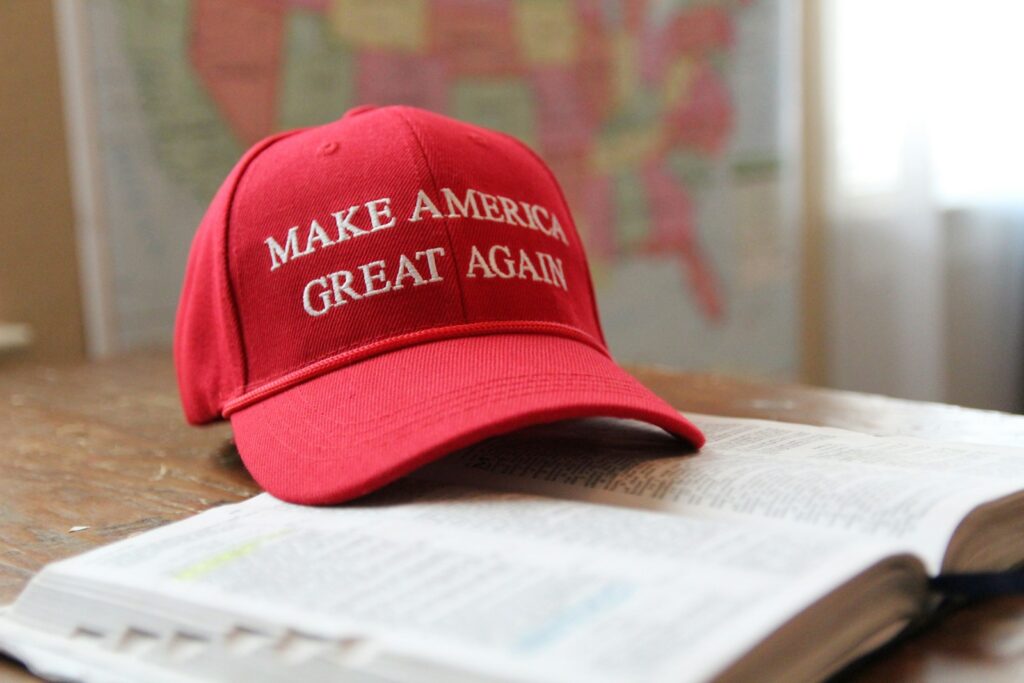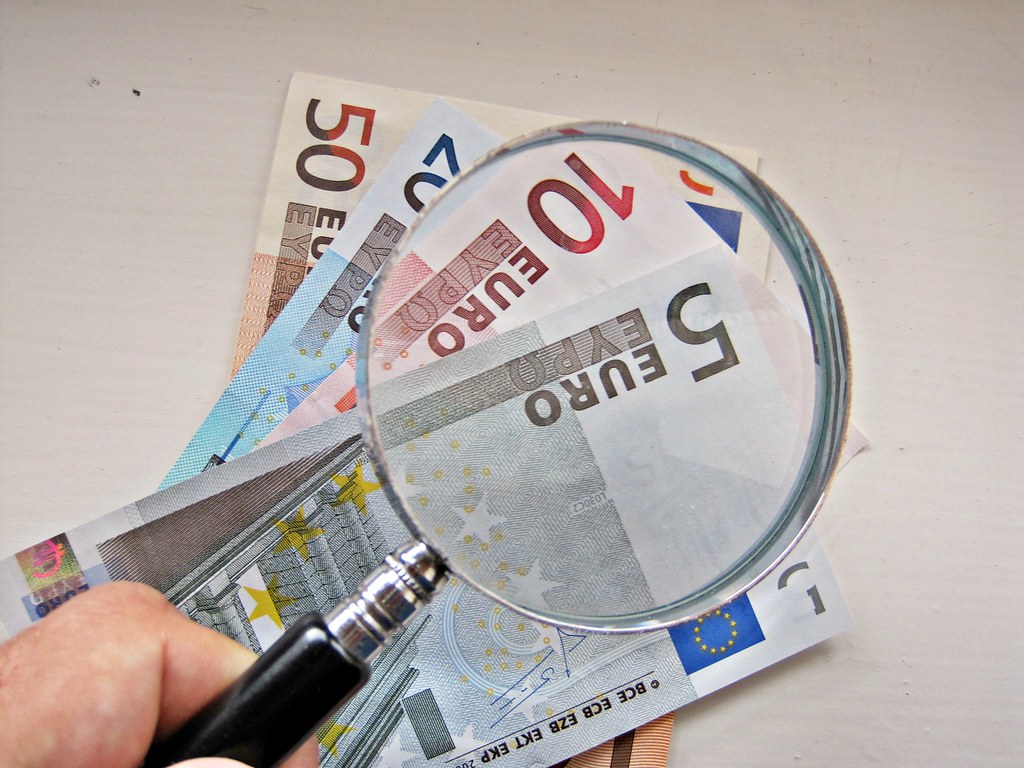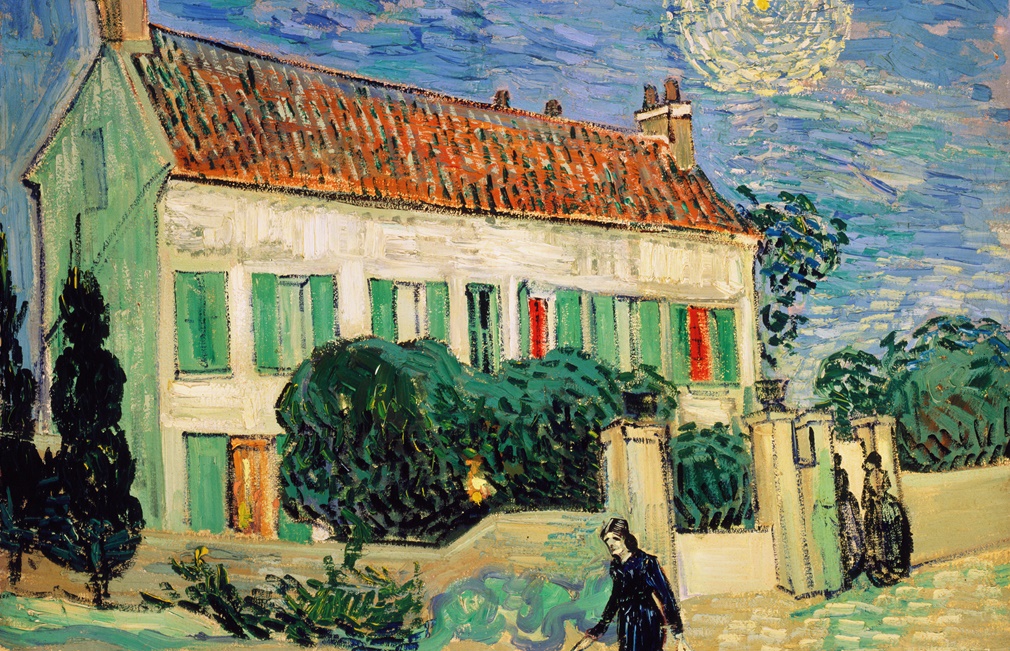
Free Trade Fuels Prosperity. Trump’s Tariffs Are Making World Poorer
Donald Trump\'s trade policies are not just bad economics—they are an attack on individual freedom, global cooperation, and the principles that made America strong. Classical liberalism values free markets, open societies, and limited government interference in voluntary exchange. Trade is a cornerstone of this worldview. When two people—or two nations—exchange goods freely, both benefit. It is the essence of mutual gain.











